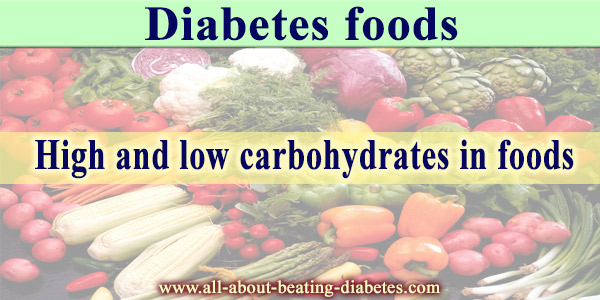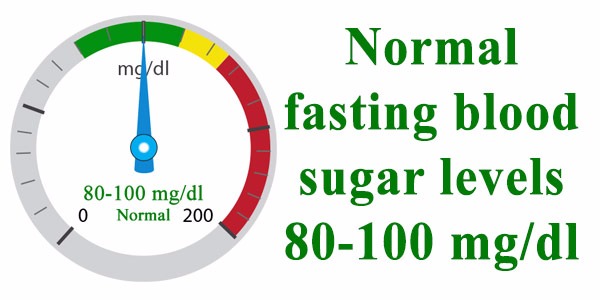Fasting Sugar 111, after 1.5 hours after foods is 147
by S.Anandhi
(India)
QUESTION: Hi,
I am a Female adult. My fasting sugar is 111.
After 1.5 hrs after food it is 147. My HBA1 is 6.3
My age is 45.
Am I diabetic?
Should I take medication for diabetes?
ANSWER: Hi,
I have gone through your medical history carefully and understood your concern.
Fasting blood sugar levels of 111 is slightly elevated. There can be various causes to this slight elevation including:
- Consuming a large meal with a high sugar content the evening before your test can lead to higher fasting blood sugar levels.
- Lack of regular physical activity or a sedentary lifestyle can contribute to elevated fasting blood sugar levels.
- Stress can trigger the release of stress hormones, such as cortisol, which can lead to elevated blood sugar levels.
- Some medications, like corticosteroids, certain antipsychotic drugs, and diuretics, can cause elevated blood sugar levels.
- Some individuals experience what's called the dawn phenomenon, where their blood sugar levels rise in the early morning hours, typically between 2 a.m. and 8 a.m. This can result in higher fasting blood sugar levels.
- Certain medical conditions, such as polycystic ovary syndrome (PCOS) or thyroid disorders, can affect blood sugar levels.
Is fasting blood sugar level of 111 prediabetic or diabetic?
A fasting blood sugar level of 111 mg/dL is typically considered elevated and falls within the range that may indicate prediabetes or impaired glucose tolerance.
However, a single blood sugar measurement may not be enough to definitively diagnose diabetes or prediabetes.
To make a diagnosis, healthcare professionals usually rely on multiple measurements and consider various factors.
What other tests or evaluations should I consider with a fasting blood sugar of 111?
If you have a fasting blood sugar level of 111 mg/dL, it's a good idea to consider additional tests and evaluations to better understand your overall metabolic health and to determine whether you have prediabetes or any other underlying conditions.
- The HbA1c test provides an average of your blood sugar levels over the past 2-3 months. It's a useful indicator of long-term blood sugar control and can help diagnose prediabetes or diabetes.
- Oral Glucose Tolerance Test (OGTT) involves fasting overnight and then drinking a sugary solution. Blood sugar levels are tested at specific intervals to evaluate how your body processes glucose. It can be used to diagnose prediabetes and diabetes.
- Measuring fasting insulin levels can help assess insulin resistance, which is often associated with prediabetes and type 2 diabetes.
- A lipid profile measures cholesterol levels in your blood, including LDL (bad) cholesterol, HDL (good) cholesterol, and triglycerides. High cholesterol levels can be associated with an increased risk of heart disease, which is a common concern in individuals with prediabetes or diabetes.
- High blood pressure is often linked to prediabetes and diabetes and can increase the risk of cardiovascular complications. This is especially true at your age of 45, which is associated with changes in hormonal balance as your body is getting ready for entrying menopause.
- Thyroid disorders can sometimes be associated with changes in blood sugar levels, so thyroid function tests may be considered. That is also particularly true at your age of pre-menopausal changes.
- C-peptide test measures the amount of C-peptide in your blood, which can help determine how much insulin your body is producing.
- Comprehensive Metabolic Panel (CMP) includes multiple tests, including electrolyte levels, kidney function, and liver function, which can provide a broader assessment of your overall health.
Is 147 mg/dL Normal After Eating?
A blood glucose level of 147 mg/dL (milligrams per deciliter) after eating is generally considered elevated and above the normal range.
After eating, blood glucose levels naturally rise, but they should generally return to normal levels within a few hours. Postprandial (after eating) blood glucose levels are typically considered normal if they are less than 140 mg/dL two hours after a meal.
In your case, you measured your blood sugar 1.5 hours after eating. I think you should repeat the testing, and measure the blood glucose 2 hours after eating.
Plus, you need to take the above-mentioned tests to assess your overall health status.
Meanwhile, try to modify your diet, and lifestyle habits in order to keep your blood sugar levels within normal range.
Hope this helps.
Dr.Albana
Click here to post comments or follow up
Ask the Doctor now? Simply click here to return to Diabetes Test and Levels.





